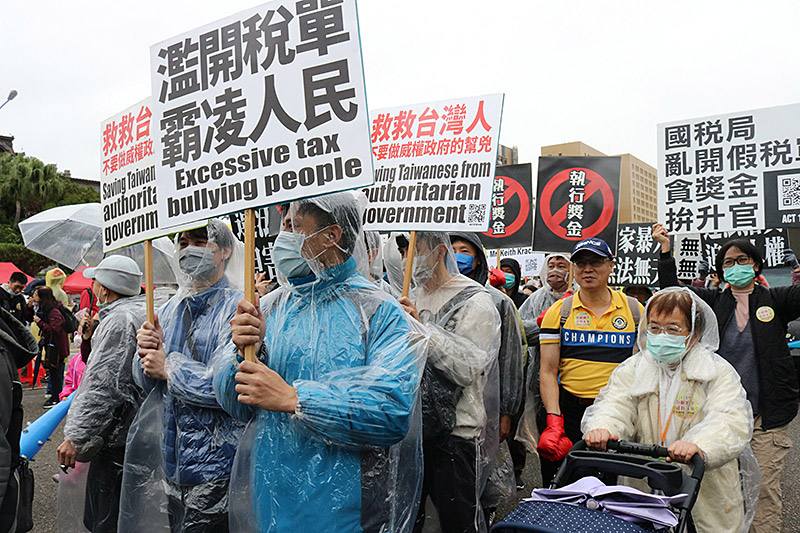Agreement on new fisheries fund does not reflect progressive EU reform
The European Parliament (EP) endorsed an agreement on the European Maritime and Fisheries Fund (EMFF), which is the final step of the reform of the EU Common Fisheries Policy (CFP).

Italian Artisanal Fisherman in Sicily
Vote marks the end of the line of the reform, after almost three years of EU negotiations. Despite its shortcomings, this reform is probably the most progressive shake-up of EU fisheries rules in decades, said Greenpeace.
Member states committed to end overfishing for all stocks by 2020 at the latest; to recover fish stocks within a reasonable timeframe and to eliminate excessive fishing capacity in their fleets. The reformed CFP also recognised for the first time the value of low-impact small-scale fisheries, which contribute the most to the social well-being and economy of local communities. Governments are now required to use transparent environmental, social and economic criteria when allocating access to fishing grounds or quotas; EU vessels will have to fish sustainably also when they operate in the waters of other nations.
Justine Maillot, Greenpeace EU policy advisor said: “The new role of the European Parliament as co-legislator, as well as the decision by many of its members to defend sustainable fishing and the general interest of European citizens, was decisive in shaping the new EU fisheries rules. The ball is now in the court of EU governments. The success of this reform hangs on their political will, and on the measures they now have to implement to help our seas recover by reducing fleets, ending overfishing and promoting low- impact fishing”.
However, the reform, and in particular the EMFF, also contains a number of questionable elements - such as granting funding for the replacement of fishing vessels’ engines (including trawlers), and for vessels to stay idle in port. While the new fisheries fund should support sustainable fisheries management and the recovery of our seas, it allows instead EU taxpayers’ money to continue being used for direct subsidies to the fishing sector that are likely to maintain an excessive fishing fleet afloat, fuel overfishing and keep the current vicious circle going.
Source: Greenpeace EU Unit
- 270 reads




